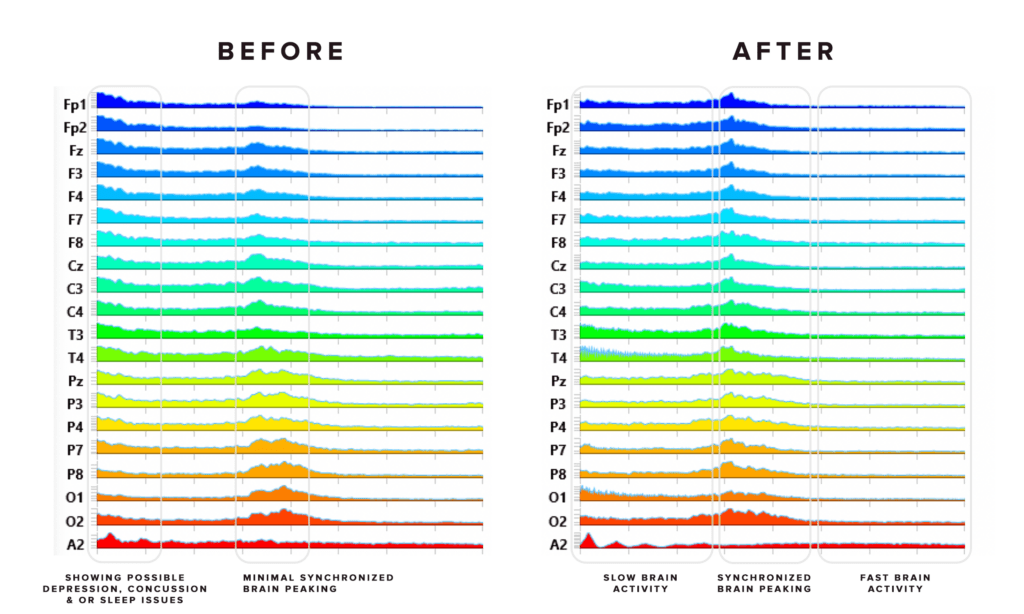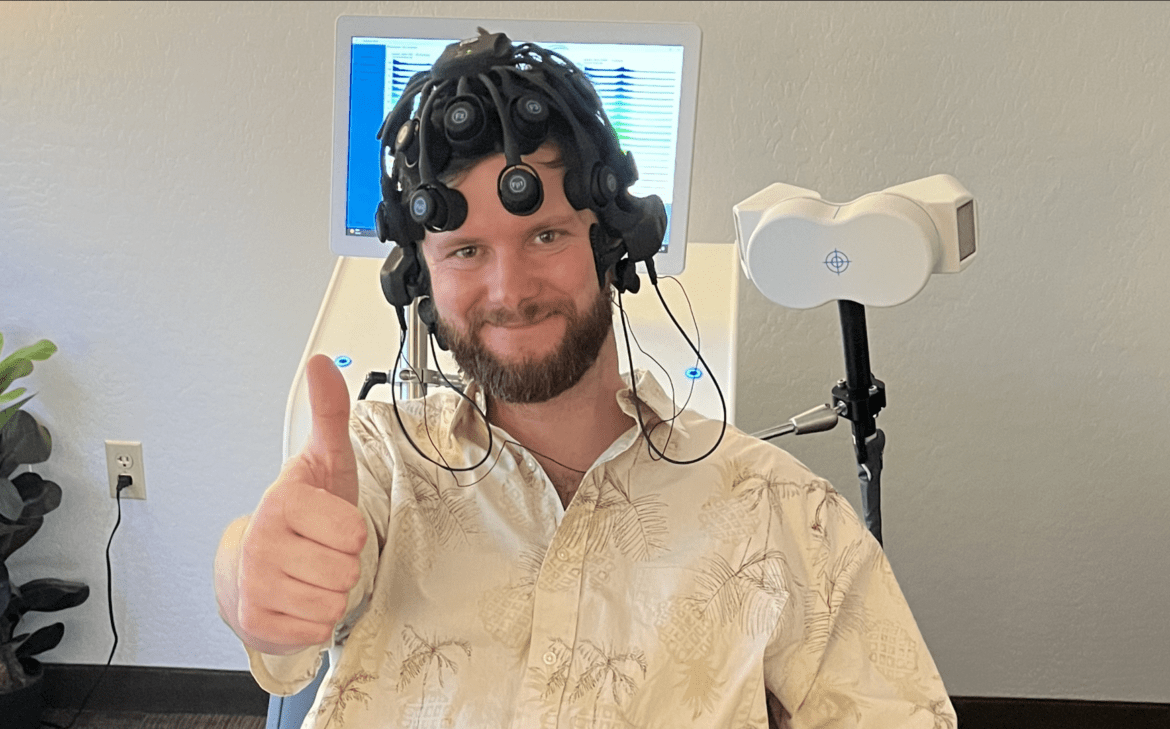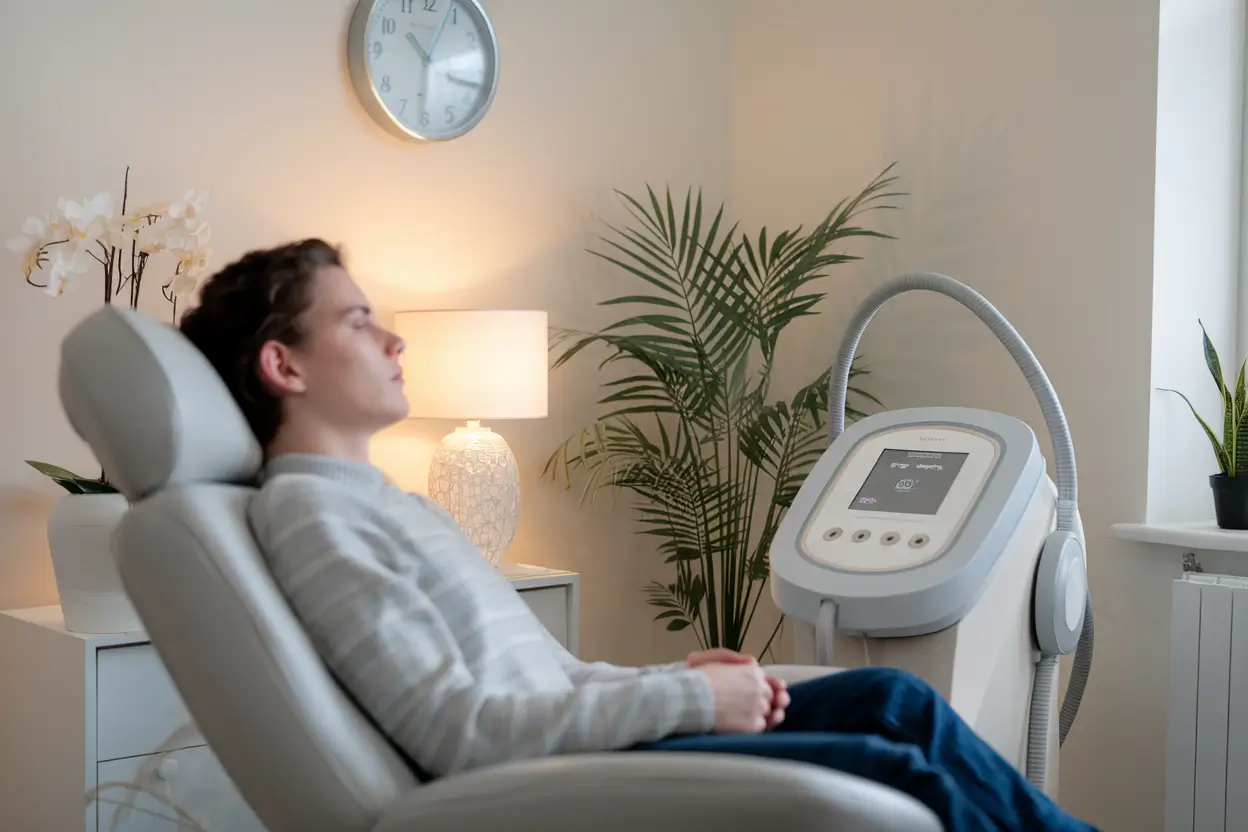In an era where mental health is gaining recognition for its crucial role in our overall wellbeing, cutting-edge treatments like PrTMS (Personalized Repetitive Transcranial Magnetic Stimulation) are leading the charge in innovative therapeutic strategies. At the heart of PrTMS lies the TMS Brain Scan, a cornerstone technology that provides an in-depth look into the brain’s function, enabling a tailored approach to treatment that promises new hope for individuals grappling with neurological disorders.
What is PrTMS?
PrTMS stands for Personalized Repetitive Transcranial Magnetic Stimulation, a non-invasive procedure designed to stimulate nerve cells in the brain to improve symptoms of neurological and psychiatric conditions. By using magnetic fields, PrTMS targets specific areas of the brain associated with mood regulation and cognitive functions, making it a powerful tool in the battle against depression, anxiety, and other mental health challenges.
The Role of a TMS Brain Scan in PrTMS
The TMS Brain Scan is instrumental in the PrTMS process, serving as a roadmap for personalizing treatment. By analyzing the brain’s electrical activity through an EEG (Electroencephalogram) alongside the TMS, clinicians can identify unique patterns of brain waves that indicate areas of dysfunction. This level of detail allows for a more targeted application of TMS, ensuring that the stimulation is precisely focused on the areas that need it most.

Advantages of TMS Brain Scan in PrTMS
- Personalized Treatment: The use of TMS Brain Scans ensures that each PrTMS treatment plan is highly customized, based on the individual’s specific brain activity patterns. This personalization enhances the effectiveness of the treatment and can lead to better outcomes.
- Non-Invasive and Safe: PrTMS, guided by TMS Brain Scan technology, is a non-invasive method that has been proven safe. This makes it an appealing option for those who are looking for alternatives to traditional treatments like medication or psychotherapy.
- Insightful Data: The data derived from TMS Brain Scans provide invaluable insights into the brain’s functioning, offering a deeper understanding of the underlying causes of neurological and psychiatric conditions. This knowledge is pivotal in developing more effective treatments in the future.
- Real-Time Feedback: The integration of EEG in PrTMS allows for real-time monitoring of the brain’s response to treatment. This immediate feedback can help clinicians adjust the stimulation parameters for optimal results.
The Process of PrTMS with TMS Brain Scan
The PrTMS process begins with a comprehensive TMS Brain Scan to map the brain’s electrical activity. This initial evaluation identifies specific areas of irregular brain waves, indicating regions of underactivity or overactivity that may be contributing to psychiatric symptoms. Based on these findings, a personalized PrTMS treatment plan is developed, targeting these areas to help normalize brain function. Over time, PrTMS aims to encourage neuroplasticity, or the brain’s ability to form new neural connections, potentially offering lasting relief from symptoms.
Conclusion: A Path Forward with PrTMS
PrTMS, empowered by TMS Brain Scan technology, represents a significant leap forward in our ability to treat neurological and psychiatric conditions. By offering a personalized, safe, and non-invasive treatment option, PrTMS is paving the way for a future where mental health can be managed more effectively and compassionately. For those struggling with conditions like depression and anxiety, PrTMS offers a promising path forward, one that is grounded in the latest advancements in neuroscience and technology.
For individuals interested in exploring the potential of PrTMS for themselves or a loved one, reaching out to specialized clinics like American TMS Clinics can be the first step towards a life with improved mental health. With the power of TMS Brain Scan and the personalized approach of PrTMS, there is new hope on the horizon for those seeking relief from the challenges of neurological and psychiatric disorders.
Sources
- National Institute of Mental Health: Offers comprehensive information on brain stimulation therapies, including TMS, providing a solid foundation for understanding these treatments from a clinical perspective. https://www.nimh.nih.gov/
- International Society for Neurofeedback & Research: A valuable resource for insights into brain waves, EEG measurement, and their significance in neurofeedback and brain health. https://www.isnr.org/
- Journal of Neural Engineering: Features research articles and advances in EEG interpretation, offering a scientific perspective on the implications for brain health and the potential of technologies like TMS. http://iopscience.iop.org/journal/1741-2552
These sources provide a wealth of information on the underlying science of TMS and PrTMS, showcasing the ongoing research and development in this field.
Frequently Asked Questions (FAQ) about PrTMS and TMS Brain Scan
Q: What is PrTMS?
A: PrTMS (Personalized Repetitive Transcranial Magnetic Stimulation) is a non-invasive procedure that uses magnetic fields to stimulate nerve cells in the brain, aimed at improving symptoms of neurological and psychiatric disorders.
Q: How does the TMS Brain Scan work in PrTMS?
A: The TMS Brain Scan involves using EEG (Electroencephalogram) technology to map the brain’s electrical activity. This mapping allows for the identification of specific areas that may benefit from targeted TMS treatment, ensuring a personalized and effective approach.
Q: Is PrTMS safe?
A: Yes, PrTMS is considered a safe treatment option. It is non-invasive, and the side effects are generally mild and temporary. Always consult with a healthcare provider to discuss any potential risks in the context of individual health conditions.
Q: How long does a PrTMS treatment session last?
A: A typical PrTMS session lasts about 30 to 60 minutes, depending on the treatment plan devised based on the initial TMS Brain Scan and ongoing assessments.
Q: Who can benefit from PrTMS?
A: Individuals suffering from depression, anxiety, ADHD, and other neurological or psychiatric conditions may benefit from PrTMS. It is often considered when traditional treatments, such as medication or psychotherapy, have not been effective.
Q: How quickly can I expect to see results from PrTMS?
A: Response times to PrTMS can vary widely among individuals. Some may notice improvements within a few weeks, while others may take longer. Continuous assessment during the treatment process allows for adjustments to enhance efficacy.
Q: Can PrTMS lead to lasting changes in brain function?
A: Yes, one of the goals of PrTMS is to induce neuroplasticity, or the ability of the brain to form new neural connections. This can potentially lead to lasting improvements in symptoms and brain function.





